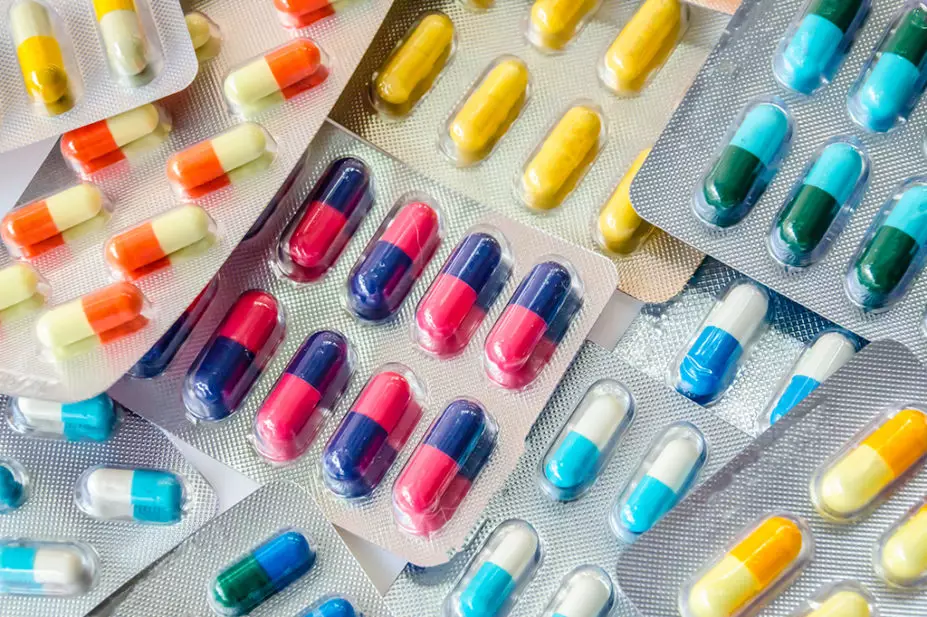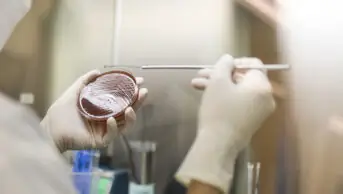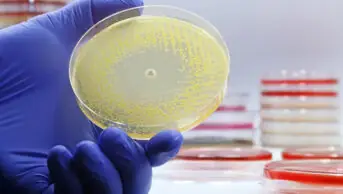
Shutterstock.com
Nearly 500 packs of medicines were returned to community pharmacies in the Midlands following an antibiotic amnesty held in November 2021.
Writing in The Pharmaceutical Journal on 25 July 2022, leading pharmacists in the Midlands region said that the public antibiotic amnesty was arranged to coincide with 2021 World Antimicrobial Awareness Week (WAAW), which aimed to raise awareness of antimicrobial resistance (AMR).
As part of the amnesty, which was held on 15–30 November 2021, patients were encouraged to hand in their old or unused antibiotics to their local community pharmacy for safe disposal.
“Some 239 pharmacies in the Midlands region took part in the amnesty campaign and reported their WAAW activities, recording almost 8,000 conversations about the amnesty on the PharmOutcomes platform,” the authors wrote.
“In addition, 369 partially used packs of antibiotics and 126 unused full packs were returned. We believe this was a successful campaign and we are keen to repeat it, while extending its reach and gathering more evidence.”
The authors, led by Conor Jamieson, NHS England’s regional antimicrobial stewardship lead for the Midlands, called for “a nationally coordinated antibiotic amnesty” to promote the safe disposal of unused antibiotics.
“Public health campaigns, such as antibiotic amnesties, may raise awareness of the hazards of unsafe disposal and provide a reminder of the appropriate routes of disposal; community pharmacies are ideally placed to help deliver this, being the principal supply route for antibiotics in primary care,” they said, adding that pharmacies in England are already “contractually required to accept medication returns from patients”.
A report published by the Organisation for Economic Co-operation and Development in May 2022 noted that, as of 2006, 63% of medicines in the UK were discarded in household waste and 11% were emptied in the sink or toilet. In The Pharmaceutical Journal, the authors wrote that this “has a significant impact” on the environment.
Commenting on the antibiotic amnesty, Jamieson said: “We are very grateful for the support of busy pharmacy teams after the success of the amnesty campaign in 2021, and are planning to extend the scheme this year to add additional services including dentistry across the Midlands region to create a joined up approach to the One Health agenda.
“We are happy to share our ideas and resources with anyone who is interested in running an amnesty campaign in the hope that we can promote a wider uptake of this simple but important action to tackle the challenge of antimicrobial resistance.”
In February 2022, a study of 1,052 water samples from 258 rivers found that more than a quarter contained “potentially harmful concentrations” of active pharmaceutical ingredients, suggesting microorganisms at some sites could select for AMR.
This followed a warning from researchers in January 2022 that AMR “poses a major threat to human health around the world”, with an estimated 4.95 million deaths associated with bacterial AMR in 2019.
- This article was amended on 26 July 2022 to include an additional comment


